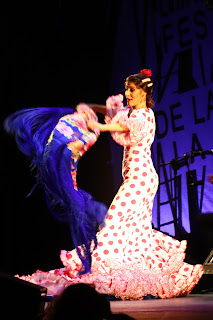On fish 'n' chips

I went to the UK last weekend. I don't go very often but my mum moved, just before Christmas, into a care home and I felt nosey enough, or bad son guilty enough, to go and have a look at her new digs. A long weekend, Friday through Monday. My mum seemed fine and happy enough, given her 93 years and her circumstances, and it was good to see her. To make it even better I got to see my sister and brother and their partners. I just asked Maggie how long she considers I've spent in the UK in the last 20 years and she reckoned a month. I think it must be more than that but I'd be amazed if it added up to more than three months. This means the UK is a bit foreign to me. Obviously it's not really strange to me because I'm British and lots of stuff just got coded into my DNA - be that sausage rolls, drinking tea, double decker buses, Boxing Day or the winter sound of cawing crows. Just after we'd arrived in the UK, in the bus on the airport apron, a group of young people...


















